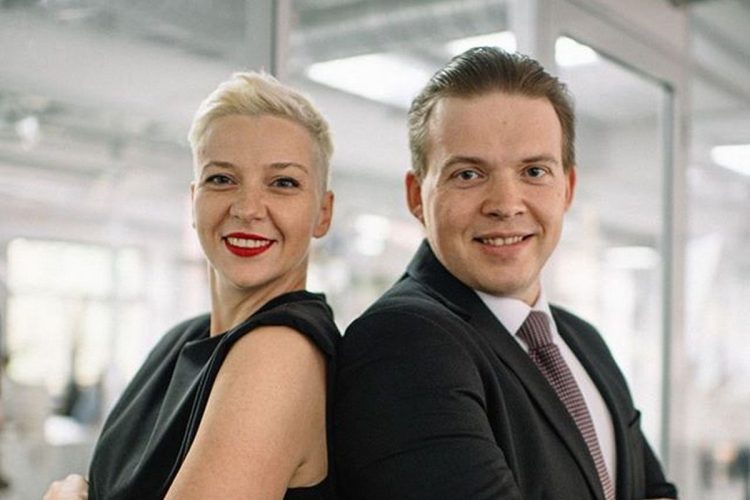Human Lives Human Rights: Two leading Belarusian opposition figures, Maryya Kalesnikava and Maksim Znak, have been handed lengthy prison sentences who organized protests against longtime president Alexander Lukashenko.
Maria Kolesnikova and Maxim Znak, top members of the opposition Coordination Council, were charged with extremism and trying to seize power illegally Sunday. Both have denied any wrongdoing.
Kalesnikava was sentenced to 11 years in prison on September 6, while Znak was given 10 years in prison respectively. Their sentencing is a disaster for freedom of expression in Belarus, say Human Rights organizations.
The two defendants, who are members of the opposition Coordination Council, have rejected the charges, which stem from their calls for protests against the official election results in August 2020, as politically motivated.
Video footage on social media showed the two defendants in a glass cage just ahead of the verdict, with Kalesnikava raising her handcuffed hands and making her trademark heart sign as she smiled for the cameras.
Due to the fact that the trial was held behind closed doors and the defense lawyers cannot disclose any information about the court hearings, no details are known as to the essence of the charges.
“We demand the immediate release of Maryya & Maksim, who aren’t guilty of anything. It’s terror against Belarusians who dare to stand up to the regime,” opposition leader Svyatlana Tsikhanouskaya, who was forced from the country over security concerns, said in a tweet immediately following the verdict.
Viktor Babaryka, another senior opposition figure who was convicted in July and given 14 years in prison on similar charges, said on his Telegram channel that the sentences of Kalesnikava and Znak will be appealed.
Meanwhile, U.S. Secretary of State Antony Blinken also condemned the sentencing Monday of two Belarusians “We call for their immediate, unconditional release and for that of all other political prisoners held by the Lukashenko regime,” Blinken wrote on Twitter, calling the arrests “unjust.”
The European Union called their sentence a “blatant disrespect” of human rights, while the United Kingdom decried Minsk’s “assault on the defenders of democracy and freedom” and Germany described the sentences as “unjustified.”
It is worth to mention that Kalesnikava was recently shortlisted for the Vaclav Havel Human Rights Prize, which is awarded each year by the Parliamentary Assembly of the Council of Europe to honor “outstanding” civil society work in the defense of human rights.












